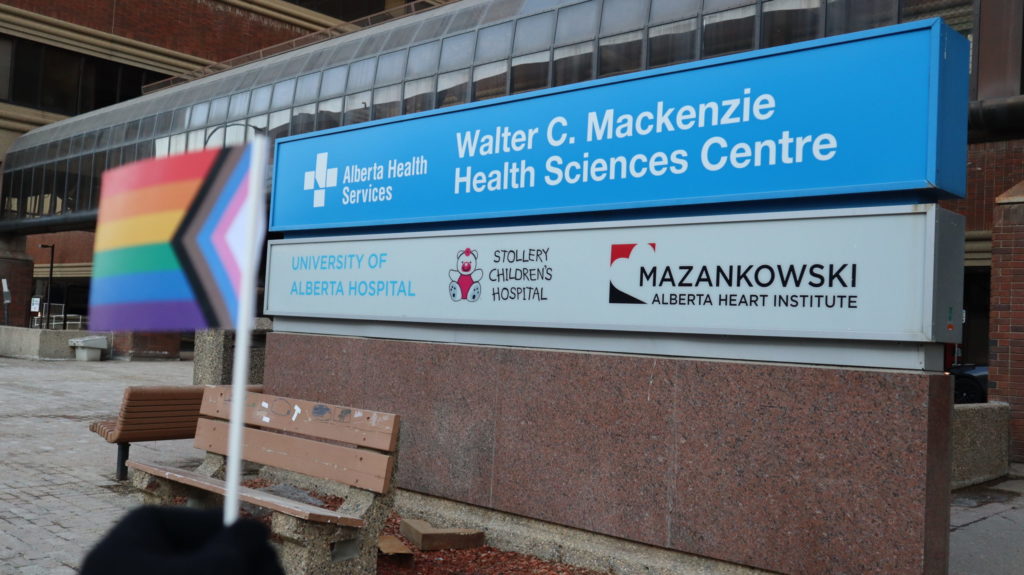Best Health Education Resources for You
Access to health education resources is vital in today’s world. As healthcare knowledge continues to expand and medical advancements surge, it becomes ever more crucial to equip oneself with the right tools and knowledge. These resources provide individuals with the capacity to make informed decisions about their well-being, manage health conditions, and adopt preventive measures that foster long-term wellness. Whether you’re seeking information on a specific condition or looking to enhance your general health literacy, the right educational materials are indispensable.
With the vast array of information available online and offline, distinguishing high-quality, reliable sources from misinformation is paramount. Trustworthy sources not only deliver accurate facts but also present them in a comprehensible manner, catering to various levels of understanding and needs. Below, we explore some of the most authoritative and accessible resources designed to bolster your knowledge and empower you on your journey toward better health.
Government Health Websites
Public health institutions, such as government-affiliated websites, provide some of the most reliable educational materials available. The Centers for Disease Control and Prevention (CDC) and the World Health Organization (WHO) are prominent examples. These platforms offer a wealth of resources on a broad spectrum of topics, ranging from infectious diseases to chronic conditions and mental health. Updated regularly, these websites ensure that individuals are equipped with the most current information, including safety protocols, vaccination guidelines, and preventative measures. The credibility of such organizations makes them a cornerstone in acquiring accurate health knowledge.
University Medical Centers
University-affiliated medical centers are another invaluable source for educational materials. Institutions such as the Mayo Clinic, Johns Hopkins Medicine, and Cleveland Clinic provide comprehensive, research-backed information on health and wellness. These platforms often feature cutting-edge insights drawn directly from academic research and clinical trials. Additionally, their patient education resources include detailed guides on managing specific conditions, understanding medical procedures, and navigating the complexities of healthcare systems. Their evidence-based approach ensures that readers can trust the validity of the information they are consuming.
Peer-Reviewed Medical Journals
For those seeking in-depth knowledge, peer-reviewed journals are an indispensable resource. Publications such as The Lancet, New England Journal of Medicine, and JAMA (Journal of the American Medical Association) offer the latest research on medical advancements, clinical studies, and emerging health issues. Although the language used in these journals is often technical and intended for professionals, many articles offer summaries and abstracts that provide a more accessible overview of the findings. Engaging with such material can enhance your understanding of medical trends and innovations, granting deeper insight into how the healthcare field is evolving.
Non-Profit Health Organizations
Non-profit organizations dedicated to specific health conditions or causes also offer a wealth of educational materials tailored to particular audiences. For instance, the American Heart Association, American Cancer Society, and National Alliance on Mental Illness provide resources designed to support individuals managing specific health challenges. These organizations often include fact sheets, guides, webinars, and support networks, all aimed at fostering a deeper understanding of a given condition. The specificity of their focus allows them to present nuanced, condition-specific information that is both practical and empathetic.
Mobile Health Apps
With the rise of technology, mobile health applications have become a significant avenue for health education. Apps like MyFitnessPal, Headspace, and Medscape offer a range of functionalities, from tracking nutrition and fitness to providing mindfulness exercises and access to clinical reference materials. Mobile apps bring health education into the palm of your hand, allowing you to engage with wellness resources at your convenience. Furthermore, many apps use data-driven insights to offer personalized recommendations, enabling users to tailor their learning and health practices to their individual needs.
Libraries and Community Centers
Public libraries and community centers also serve as valuable educational hubs. Many local libraries partner with health organizations to provide free workshops, seminars, and reading materials on health topics. Community health fairs, which often take place in collaboration with local healthcare providers, offer direct access to educational brochures and screenings. These in-person resources provide a community-centered approach to health education, often bridging the gap for those with limited access to digital platforms or who prefer face-to-face interactions.
In an era where information is abundant, navigating the wealth of available health education materials requires discernment. By relying on reputable sources such as government websites, university medical centers, peer-reviewed journals, non-profit organizations, mobile apps, and local community resources, individuals can confidently build their health literacy. These trusted avenues provide not only accurate information but also practical tools for implementing healthy practices in daily life. Through continued education, we empower ourselves to make informed decisions and lead healthier, more fulfilled lives.


